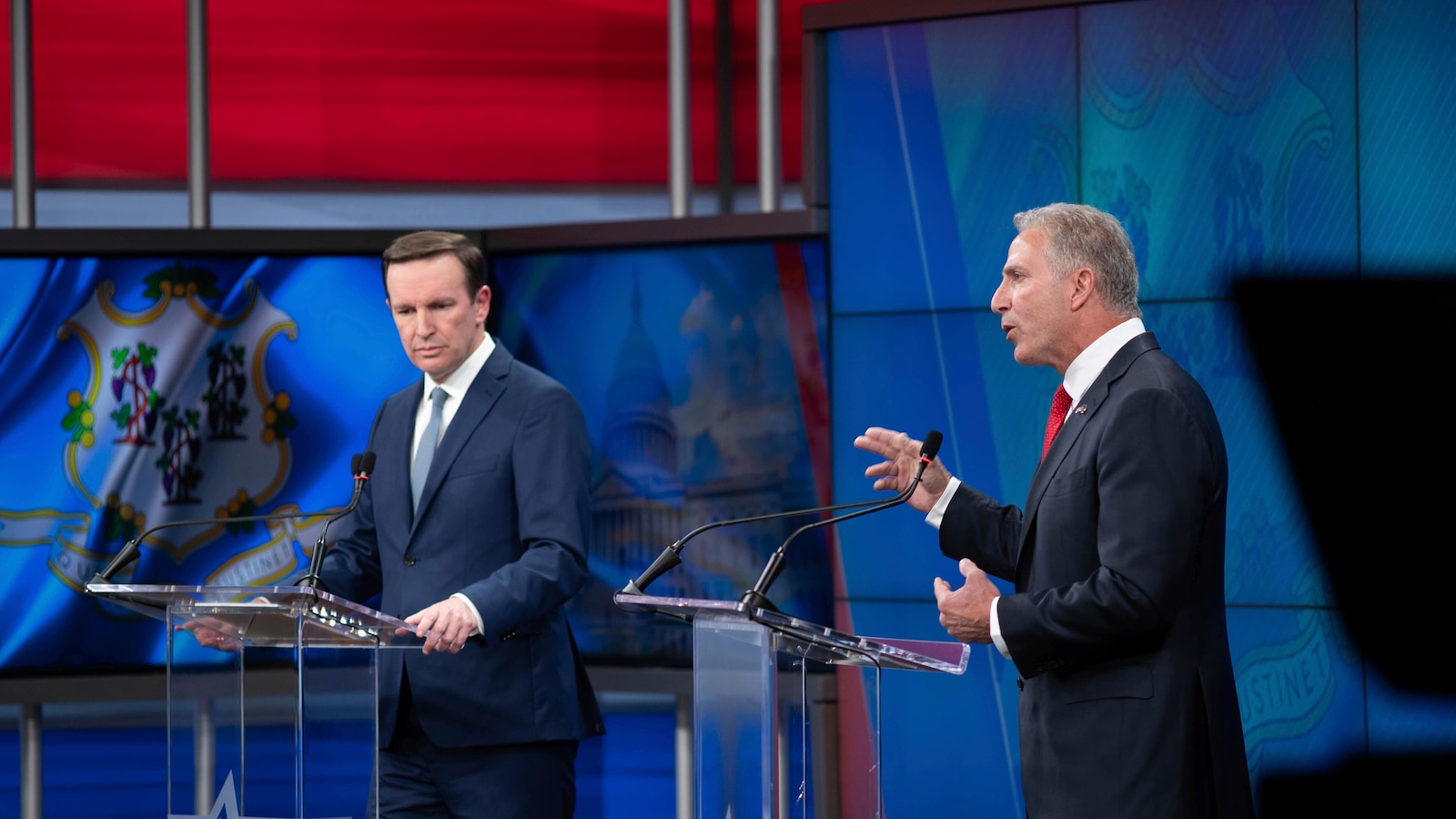This stance underscores a central concern of many Democrats nationwide as they respond to intensifying national debates on reproductive rights. Murphy’s Republican opponent, Matt Corey, criticized Murphy’s warnings, calling them an attempt to “scare voters.” Corey, a small business owner and prior challenger, maintained that Connecticut’s abortion protections are “settled law,” affirming his support for the state’s current legal status on abortion rights. Corey pointed to GOP leaders who have indicated that any national abortion ban bill would face a veto.
However, Murphy highlighted a significant potential threat if fetal personhood were recognized under federal law, which could override Connecticut’s state protections. “If a federal law deems a fetus a person, every abortion in this country could be deemed illegal, whether you’re in a blue state like Connecticut or a red state like Texas,” he argued.
Murphy’s opponent, Corey, criticized the senator for not opposing the inclusion of transgender athletes in women’s sports, an issue that has become a contentious debate point across the U.S. The Connecticut Interscholastic Athletic Conference currently allows transgender girls to compete in girls’ high school sports. Corey questioned Murphy’s commitment to women’s rights, asking, “When will men start standing up for women’s rights in this country?” and voiced concern over the erasure of athletic achievements for female athletes.
Murphy responded by underscoring his belief that the issue of transgender student-athletes should be managed by local communities and school boards rather than the federal government. He also warned about the ongoing “fear campaigns” against LGBTQ+ students, which he says have led to high rates of mental health struggles among LGBTQ+ youth. “We have a crisis among our gay and transgender students, often because they feel ostracized by the communities they live in,” Murphy noted, pointing to alarming rates of self-harm and suicide in these communities.
This debate between Murphy and Corey mirrors the broader cultural and political fault lines as states navigate a landscape where federal decisions could override established state laws on both reproductive and LGBTQ+ rights.

